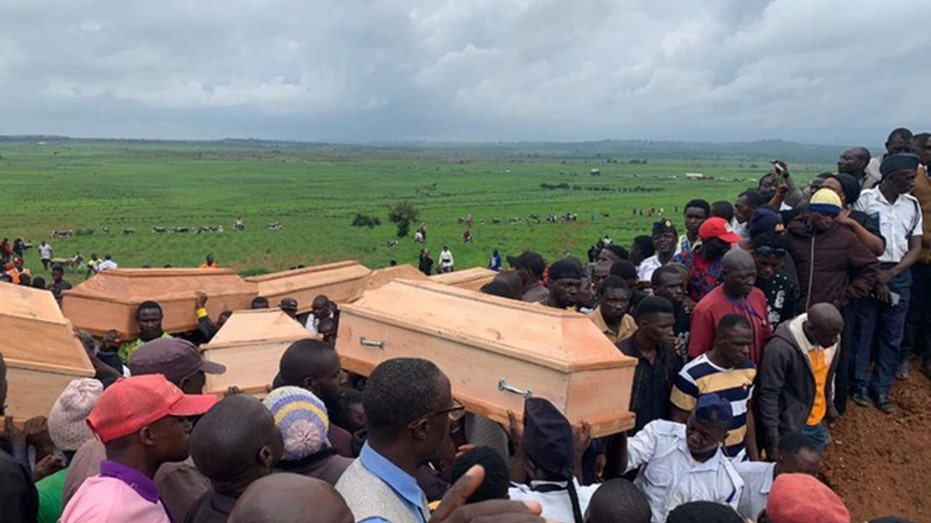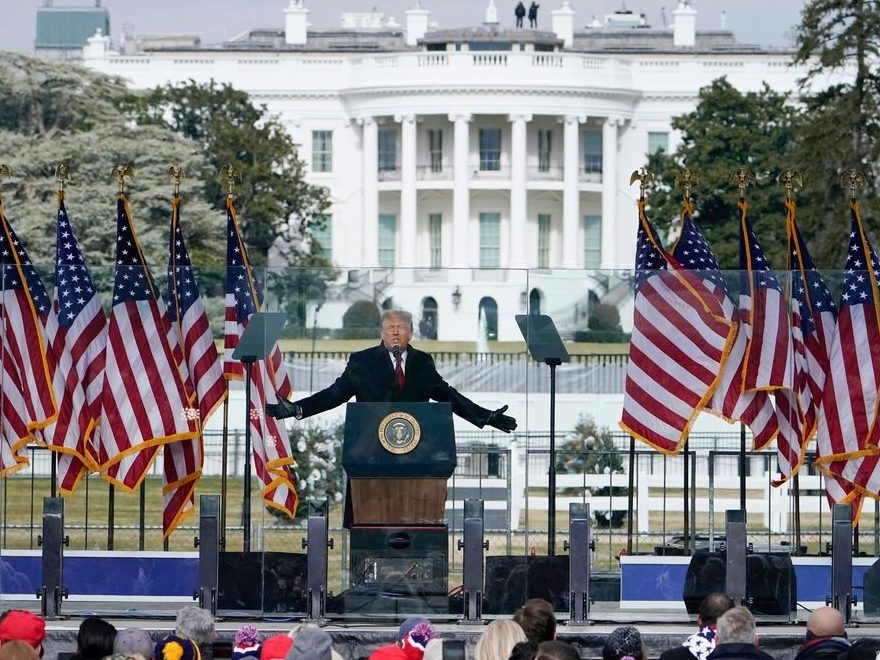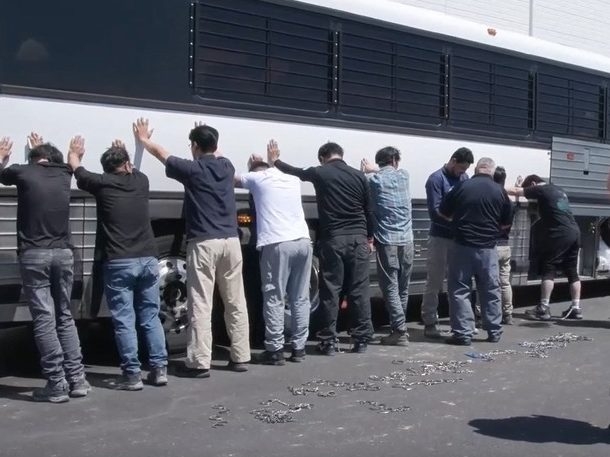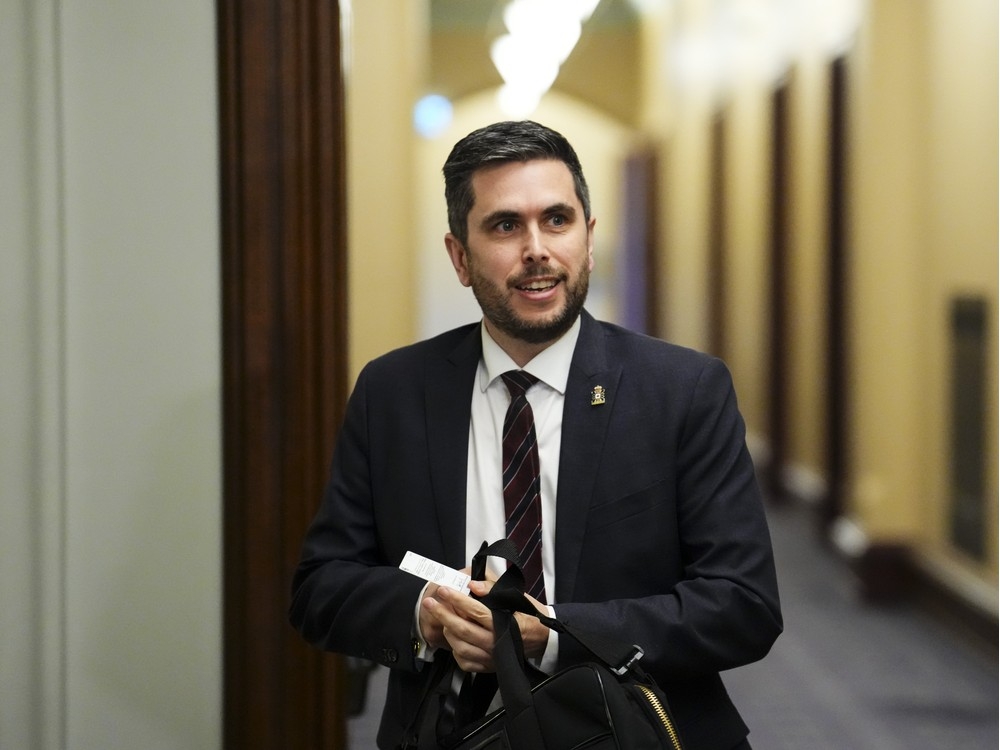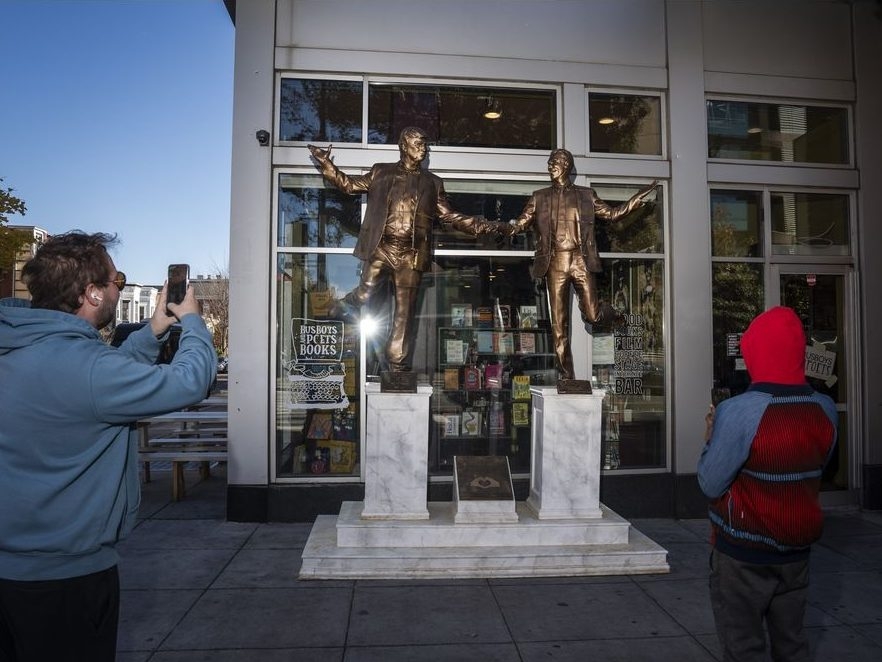A deepening crisis in Nigeria has ignited a fierce international debate, sparked by a surprising dismissal of genocide claims by a high-ranking African Union official. The statement, delivered at the United Nations, immediately drew a sharp rebuke from Washington, escalating tensions over the escalating violence.
For years, northern and central Nigeria have been ravaged by a relentless wave of killings, abductions, and brutal attacks on villages. Christian communities, bearing the brunt of the suffering, insist the situation has reached a breaking point, demanding recognition of a systematic campaign against them.
African Union Commission Chairman Mahmoud Ali Youssouf unequivocally denied allegations of genocide, asserting from the U.N. podium, “There is no genocide in northern Nigeria.” He argued the conflict differed drastically from atrocities witnessed in Sudan or the Democratic Republic of Congo.
Youssouf emphasized that Boko Haram’s initial victims were overwhelmingly Muslim, citing documented evidence to support his claim. He cautioned against oversimplification, describing the situation as “extremely complex” and urging international actors to avoid reducing it to a single, narrow narrative.
The response from the United States was starkly different. A senior White House official stated that continued persecution of Christians would trigger an immediate halt to all aid and assistance to Nigeria, with potential consideration of direct action against the Islamic terrorists responsible.
President Trump had already designated Nigeria a “country of particular concern,” and reportedly ordered the Department of Defense to prepare for possible military intervention. The gravity of the situation was underscored by the potential for a significant shift in U.S. foreign policy.
On Capitol Hill, lawmakers are pushing for even more forceful measures, including sanctions and, according to Representative Riley Moore, even “kinetic military action.” An investigation, led by Moore and Chairman Tom Cole, is underway to examine the killings of Christians by Islamist militants.
Concerns are rising that the Nigerian government is actively engaged in a public relations campaign to deflect accusations of complicity in the violence. Senator Ted Cruz warned that officials are attempting to evade accountability for policies that have fostered an environment of persecution.
The United Nations offered a more measured response, acknowledging the Nigerian government’s struggle with a widespread insurgency that indiscriminately targets Muslims, Christians, and others. The U.N. stressed the importance of cooperation with Nigerian authorities in providing assistance.
The conflicting statements from key international players highlight the profound disagreement over the nature of the crisis in Nigeria and the appropriate course of action. The situation remains volatile, with the potential for further escalation and devastating consequences for vulnerable communities.
